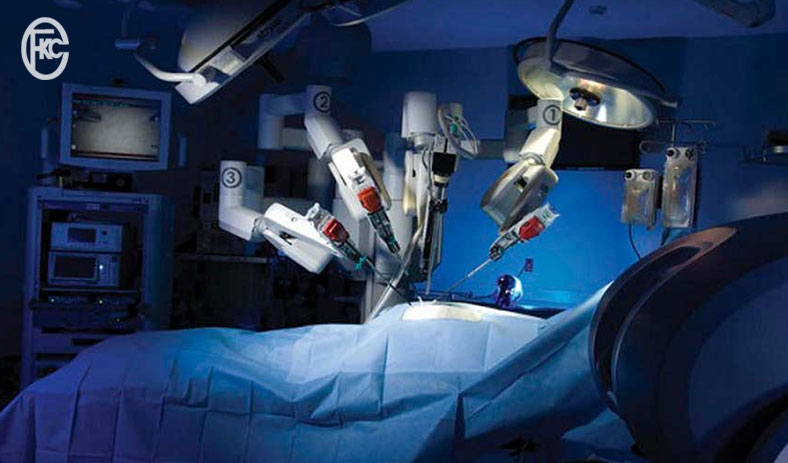
Before enduring a life-changing event like a kidney transplant, it is imperative that you have a clear understanding of what to expect.
Even though you'll benefit from a kidney transplant, the operation comes with its own set of risks and complications. Kidney transplants have a 95% success rate, which means that fewer than 5% of those who undergo the procedure may encounter issues. In the course of preparing for surgery, be careful to ask your surgeon about any and all possible side effects and complications. As a result, you'll be in the best possible position to handle the process. Life after a kidney transplant is frequently better than before the surgery, but there are a few things you should be aware of before the procedure. Choosing options for kidney transplant in Florida is essential also.

Many patients, for example, gain weight after surgery because they are no longer getting treatments like dialysis or other therapies that kept them from gaining weight in the first place. High blood pressure and diabetes may follow if this isn't properly managed by a balanced diet and frequent exercise. To ensure that your body is adapting to the new organ, you should also be sure to keep up with all of your follow-up appointments with your doctor.
Five days after a procedure, patients are typically required to remain in the hospital before they are allowed to return home. Following surgery, you will have a series of follow-up appointments over the next several months. When it comes to monitoring, annual examinations are adequate after that time.
Your lower abdomen has to be connected to the ureter (tube) that goes to your bladder in order for the donated kidney to drain urine into your bladder once it is transplanted into the lower abdomen. Removing one's own kidneys is uncommon unless the patient has a major health problem such uncontrollable high blood pressure, chronic kidney infection, or kidney stones that can't be treated any other way. Choosing the kidney transplant surgery is essential here.
The transplanted kidney starts working right away, or within a few days at the most. Immunosuppressive medicine is required to keep your body from rejecting the new kidney that was transplanted into it. As a result, you may be at risk for developing an infection and a variety of malignancies, including lymphoma. Because of this, you can expect to be closely monitored for many months after your transplant. There is a chance that a previous condition that led to native kidney failure might recur, and your doctor will discuss that risk with you in more detail.